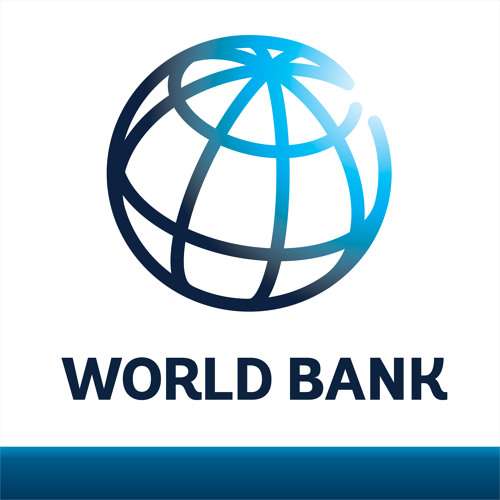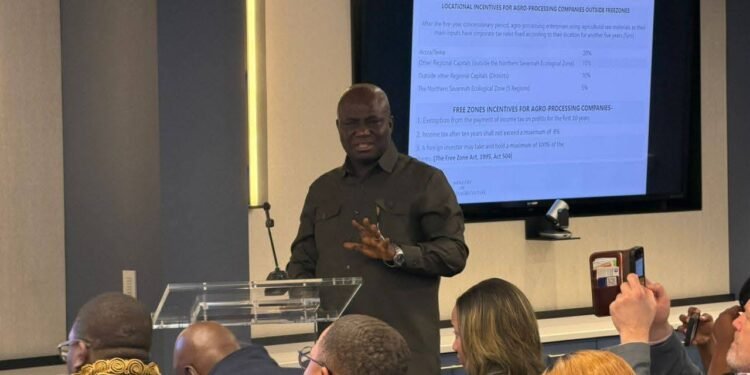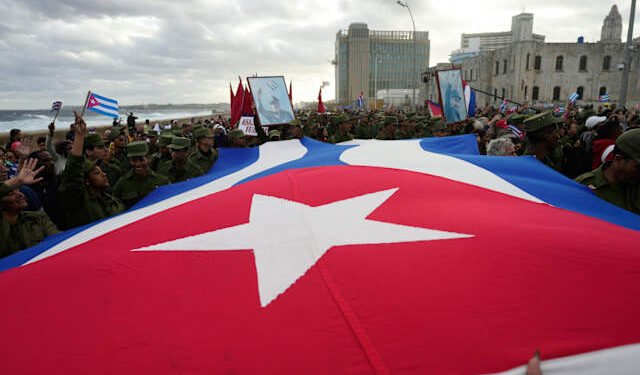According to the World Bank’s April 2023 Africa Pulse Report, inflation in Ghana, Uganda, and Burundi is expected to accelerate by more than 3 percentage points in 2023 from last year – depicting inflation to stay above 50% this year.
This represents a worrisome development for policymakers and investors alike, as it signals that these economies are struggling to contain the impact of rising prices on their respective populations.
As stated by the report, though the rate of inflation is expected to have peaked for most countries in the region, it is not same for Ghana and the two other countries.
RelatedPosts
This underscores the uneven nature of the economic recovery in Sub-Saharan Africa, which has been hampered by a range of factors, including structural constraints, political instability, and the lingering effects of the Covid-19 pandemic.
Moreover, the World Bank report highlighted that about 70% of the countries in the region are expected to have a lower inflation rate in 2023 compared with that in 2022, adding that: “the median inflation for the group of countries where inflation is expected to have peaked last year dropped to 7% in 2023 (from nearly 10% in 2022).”

“However, despite the declining inflation rates across many countries in the region, the rates of consumer price growth are still high, above target, and above pre-pandemic levels.”
World Bank Report
In addition, the World Bank report noted that cross-country differences in the evolution of external and fiscal balances, as well as debt dynamics, are also present in countries’ inflation rates. This underscores the need for policymakers to adopt a nuanced approach to tackling inflationary pressures, taking into account the specific macroeconomic conditions and structural constraints in each country.
75% Of Sub-Saharan Countries Registered Double Digit Inflation
According to the report, about 75% of the countries in the region registered double-digit year-over-year inflation rates at the end of 2022, with the fastest increases experienced in Zimbabwe, Sudan, Ghana, Rwanda, Sierra Leone, Burundi, Malawi, and Ethiopia. This is a worrying trend, as high inflation rates can erode people’s incomes and undermine food security, potentially leading to social unrest and conflict.

“Domestic food inflation in Africa has remained sticky in some African countries while it has decelerated in others, although at a much slower pace than the disinflation of food prices in global markets.
“This might be attributed to currency depreciation – as countries in the region import most of their food staples, as well as high input costs (high oil and natural gas prices affecting transportation and refrigeration, and nitrogenous fertilizers), and extreme weather events (for instance, droughts in the Horn of Africa).”
World Bank Report
The World Bank also emphasized that bringing down inflation and anchoring inflation expectations should continue to be a priority for policymakers – to prevent further deterioration of people’s incomes and food security and avert social unrest and conflict.
Read also: Ghana: World Bank Lowers 2023 GDP Growth Rate To 2%























